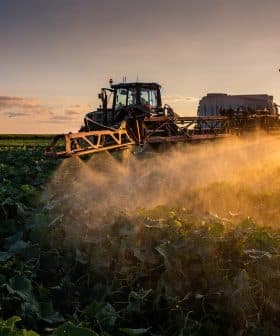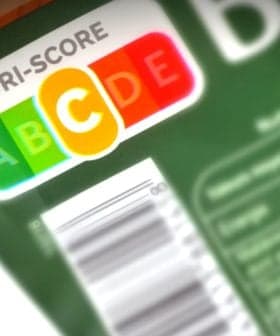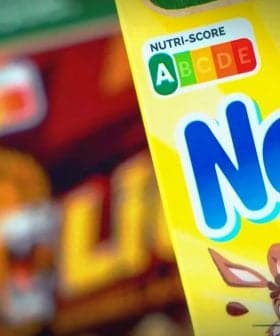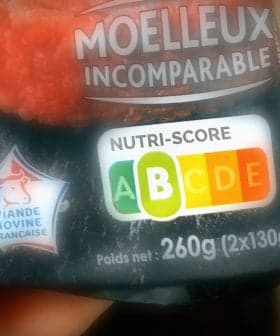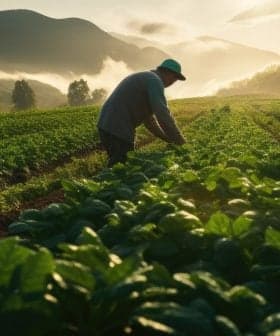Businesses and Consumers Need Uniform Food Labels, E.U. Commissioner Says
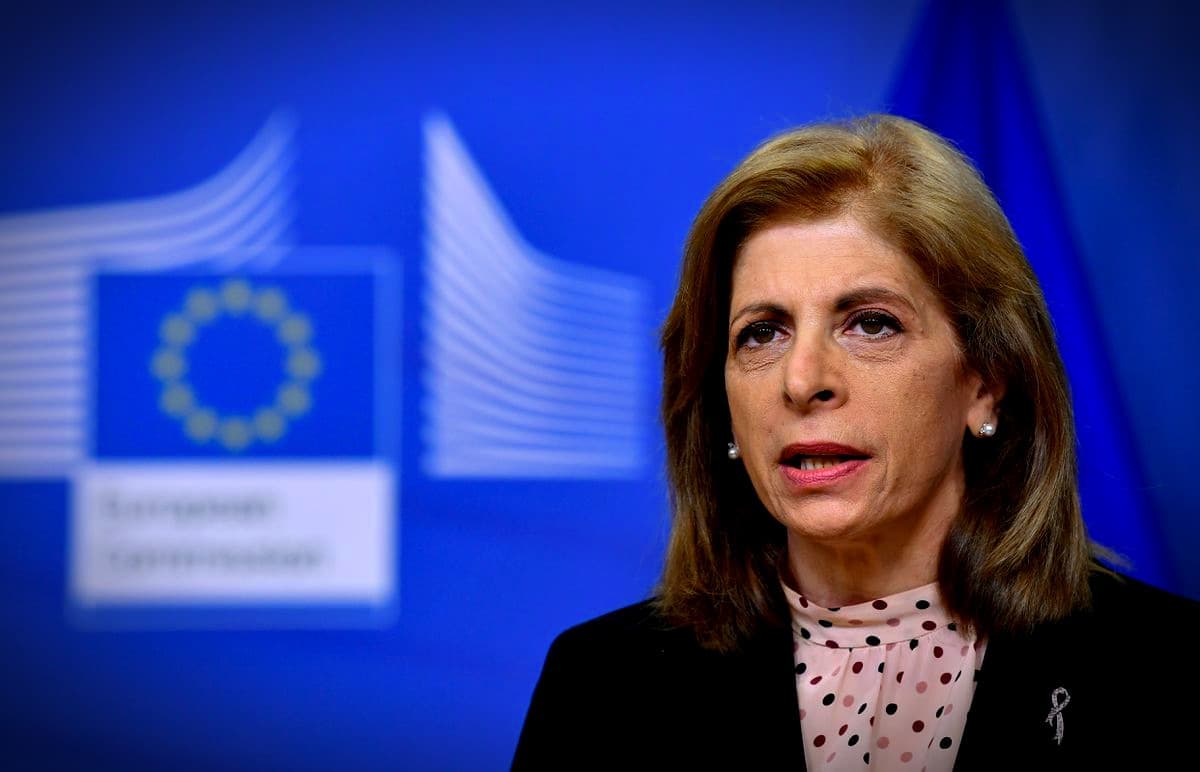
Food products in the European Union will soon require uniform front-of-pack labels, as confirmed by Commissioner Stella Kyriakides, who praised countries for their efforts but warned about confusion and costs. The decision is being informed by research and stakeholder recommendations, with Nutri-Score being a likely candidate for E.U.-wide adoption.
Food products sold in the European Union will soon have to display uniform front-of-pack labels (FOPL), according to the Commissioner for Health and Food Safety.
Stella Kyriakides confirmed in a speech to European agricultural ministers that the official regulation for a common food labeling platform is close to being published.
Kyriakides praised the efforts of European countries that have already deployed FOPLs that help consumers make healthier choices. However, she warned that so many disparate labels increased costs for businesses and contributed to confusion among consumers.
See Also:App Allows Consumers to Personalize Nutri-Score for Individual Lifestyles“Many of you have introduced national recommendations or legislation on front-of-pack nutrition labeling, the origin of certain foods and labeling alcoholic beverages,” she said. “However, they are not aligned. This can lead to consumer confusion, barriers to free movement of goods and extra company costs.”
Kyriakides said the European Commission’s decision was being shaped by research undertaken by different European institutions and the recommendations made by consumers, farming associations, food producers and other stakeholders who participated in the public consultation.
Kyriakides added the final decision “takes on board” the European Food Safety Authority’s opinion about the role of the Mediterranean diet in preventing and mitigating a series of widespread diseases.
The European Commission is also considering the results of an E.U. Joint Research Center study, which found that consumers prefer effectively simple and colored FOPLs published on the product packaging (as opposed to a QR code), such as Nutri-Score.
The push toward a common and mandatory food packaging label is part of the broader Farm-to-Fork Strategy announced two years ago by the European Commission to promote sustainability and environmentally-friendly food production practices.
Front-of-pack food labels are also considered crucial for the goals of the Commission’s Beating Cancer plan.
Based on the findings of the JRC report, Nutri-Score appears to remain the most probable candidate among the FOPLs being considered for E.U.-wide adoption.
Nutri-Score is a traffic-light-style FOPL that uses a combination of five coordinated colors and letters to rate how healthy a packaged food item is based on its fat, sugar, salt and calorie content per 100 gram or milliliter serving. The “Green A” indicates the healthiest option, and “Red E” denotes the least healthy.
The food rating system has gained wide acceptance in a number of European countries. Still, it has come under intense criticism in Italy, where it is believed that adopting Nutri-Score would hurt traditional producers.
There had also been widespread opposition from olive oil producers and their allies in Europe’s three largest producing countries. However, a revision in the algorithm improved olive oil’s score from a “Yellow C” to “Light green B” and has largely assuaged concerns.
The European Commission is expected to announce its final decision before March 2023.


